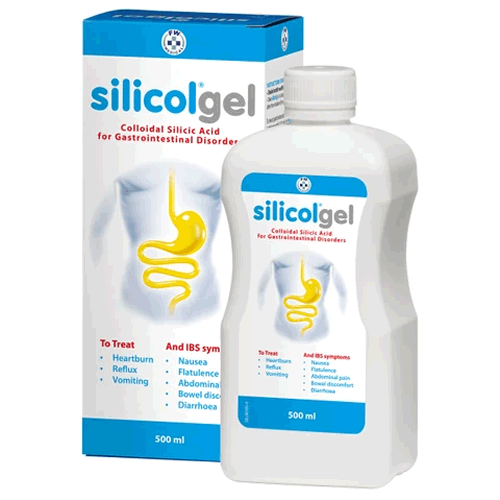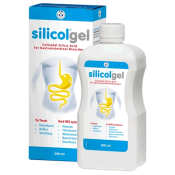An introduction to IBS and diarrhoea
Diarrhoea is the passing of loose or watery stools, usually associated with the need to go to the toilet more often. If diarrhoea is occurring because of a bacterial or viral infection, it tends pass after a few days. However, if you are suffering from diarrhoea because of Irritable Bowel Syndrome, then it is likely that your symptoms will persist and last much longer
Diarrhoea in IBS may be associated with other symptoms such as bloating, flatulence, and if long-standing can lead to the malabsorption of essential vitamins and minerals from our food.
Why does IBS cause diarrhoea?
IBS sufferers often experience abnormal and uncoordinated bowel contractions. When these are too fast, the end result is diarrhoea and when these contractions are too weak or too slow, the outcome is constipation.
Diarrhoea may occur alone or appear with alternating bouts of constipation. Diarrhoea alongside constipation is often caused by ‘an overflow’ from behind a section of harder, dry stools in the gut. The reason as to why the contractions aren’t as they should be is not fully understood.
Gut contractions result from the so-called gastrocolic reflex, activated by stimulation of nerves in the stomach. This causes rhythmic contractions of the bowel wall, known as peristalsis, moving food and waste material through the gastrointestinal tract. In IBS, this natural mechanism is disturbed or uncoordinated, leading to food either passing through the gut too quickly, or too slowly.
Distinct nerve pathways connect the brain and the gut. This has given rise to the theory that in IBS, psychological factors may have an impact on physical outcomes in the gut. Anxiety, stress and panic attacks in particular have commonly been linked to diarrhoea. Read more in our blog: How does stress impact our digestive system?
In addition to this, we now know that the strains of bacteria in the gut of people with symptoms of IBS, known as microbiota, may be distinctly different. These bacterial strains can be categorised as either ‘good’ or ‘bad’. If ‘bad’ strains dominate the ‘good’ ones, undesirable symptoms associated with IBS such as diarrhoea or constipation may result
Food intolerances or sensitivities may also be a contributing factor in IBS. Dysfunction high in the digestive system may cause partially undigested food to reach the large intestines. This can lead to further irritation of the gut in those prone to IBS.
What can I try at home for diarrhoea?
Here are some steps you can take at home to help ease diarrhoea associated with IBS.
- Introduce sources of soluble fibre into your diet: Soluble fibre absorbs water and may help to bulk out very soft and watery stools in the gut. Sources of soluble fibre include oatmeal, nuts, beans, lentils, apples and blueberries. In some cases certain types of fibre may aggravate your symptoms and if this is the case you may want to consider a FODMAP diet to see if your symptoms improve
- Avoid trigger foods: Certain food and drinks may irritate the gut – the list includes common foods such as caffeine, alcohol, spicy foods and acidic foods such as tomato products. Trigger foods will vary from person to person and may include certain components such as gluten or lactose. Keeping a list of potential triggers may be useful to try a period of eliminating there from your diet. Read more about foods to include and avoid on our IBS diet page
- Reduce stress: Stress may have an impact on our IBS and is often associated with diarrhoea dominant symptoms. Try relaxation techniques or distract your mind to lessen these symptoms. Learn more about how stress can directly affect your digestive system on our topical blog.
How can natural remedies help me?
There are a few natural remedies which may help to keep diarrhoea associated IBS at bay.
- Silicol gel: Silicol gel contains silicic acid which acts as a protective barrier for the digestive tract, soothing and calming the walls of the intestine as well as binding any harmful toxins for excretion which may be aggravating the intestinal walls further.
- Tormentil: Secondly, consider using the herb Tormentil which can be used to help calm erratic contractions of the gut and maintain normal, rhythmic contractions.
How can my doctor help?
If self-help measures or natural remedies do not help, your doctor or pharmacist may be able to prescribe anti-diarrhoeal medication. This will slow down the contractions of the gut, allowing more water to be reabsorbed and stools to firm up.









